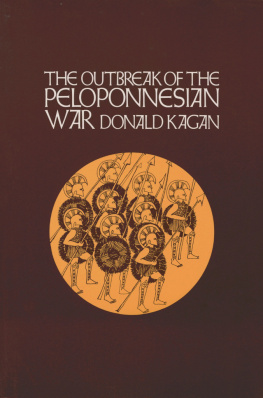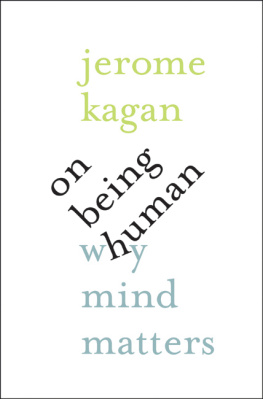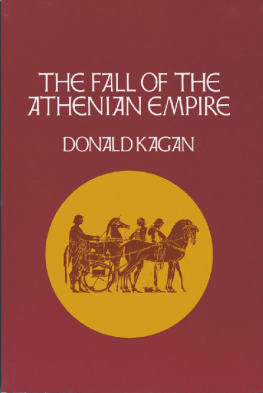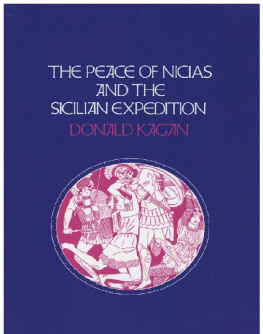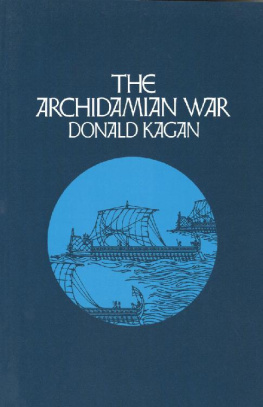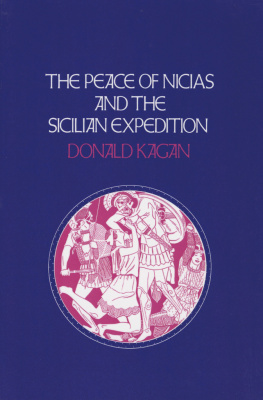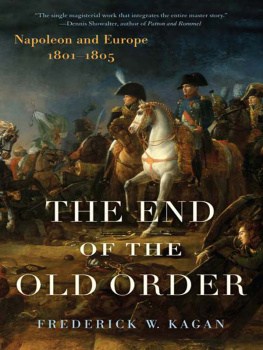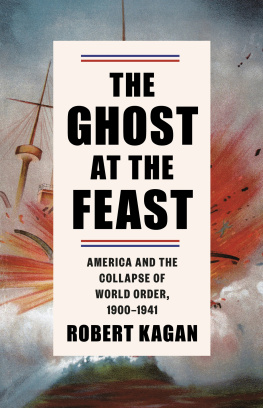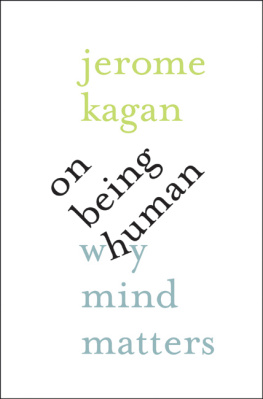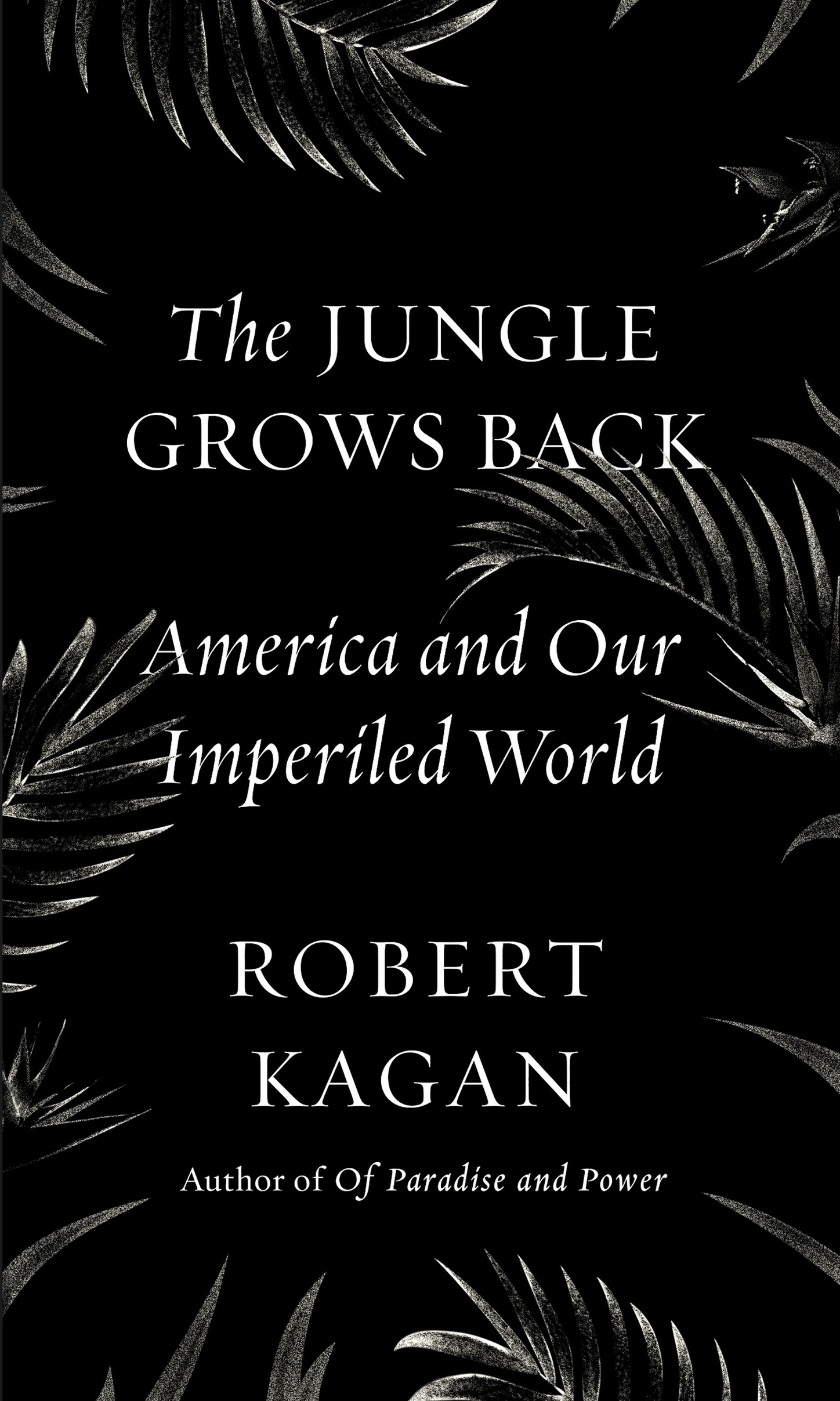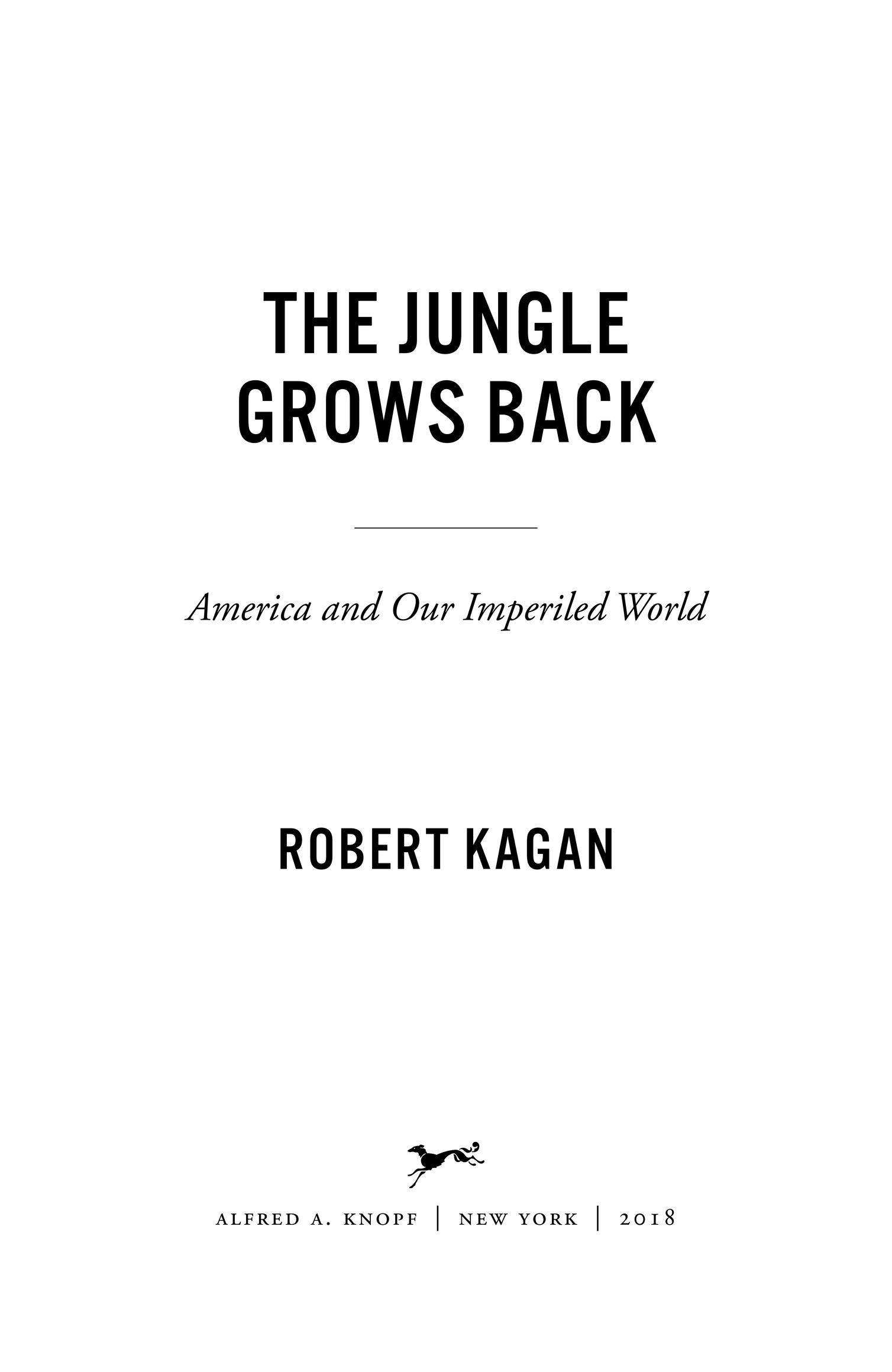ALSO BY ROBERT KAGAN
The World America Made
The Return of History and the End of Dreams
Dangerous Nation: Americas Foreign Policy from Its Earliest Days to the Dawn of the Twentieth Century
Of Paradise and Power: America and Europe in the New World Order
A Twilight Struggle: American Power and Nicaragua, 1977 1990
THIS IS A BORZOI BOOK
PUBLISHED BY ALFRED A. KNOPF
Copyright 2018 by Robert Kagan
All rights reserved. Published in the United States by Alfred A. Knopf, a division of Penguin Random House LLC, New York, and distributed in Canada by Random House of Canada, a division of Penguin Random House Canada Limited, Toronto.
www.aaknopf.com
Knopf, Borzoi Books, and the colophon are registered trademarks of Penguin Random House LLC.
Library of Congress Cataloging-in-Publication Data
Names: Kagan, Robert, author.
Title: The jungle grows back : America and our imperiled world / by Robert Kagan.
Description: First edition. | New York : Alfred A. Knopf, 2018.
Identifiers: LCCN 2018011882 (print) | LCCN 2018013593 (ebook) | ISBN 9780525521662 (ebook) | ISBN 9780525521655 (hardcover)
Subjects: LCSH : United StatesForeign relations19451989. | United StatesForeign relations1989 | World politics19451989. | World politics1989 | Security, International. | BISAC: HISTORY / United States / 20th Century. | POLITICAL SCIENCE / International Relations / General. | HISTORY / Modern / General.
Classification: LCC E 744 (ebook) | LCC E 744. K 147 2018 (print) | DDC 327.73009/04dc23
LC record available at https://lccn.loc.gov/2018011882
Ebook ISBN9780525521662
Cover design by Tyler Comrie
v5.3_r1.2
ep
Contents
For Dad
THE AMERICAN-LED LIBERAL WORLD ORDER was never a natural phenomenon. It was not the culmination of evolutionary processes across the millennia or the inevitable fulfillment of universal human desires. The past seven-plus decades of relatively free trade, growing respect for individual rights, and relatively peaceful cooperation among nationsthe core elements of the liberal orderhave been a great historical aberration. Until 1945 the story of humankind going back thousands of years was a long tale of war, tyranny, and poverty. Moments of peace were fleeting, democracy so rare as to seem almost accidental, and prosperity the luxury of the powerful few. Our own era has not lacked its horrors, its genocides, its oppressions, its barbarisms. Yet by historical standards, including the standards of the recent past, it has been a relative paradise. Between 1500 and 1945 scarcely a year passed when the strongest powers in the world, the great powers of Europe, were not at war, but since 1945 there have been no wars among the great powers. But all this has been an anomaly in the history of human existence. The liberal world order is fragile and impermanent. Like a garden, it is ever under siege from the natural forces of history, the jungle whose vines and weeds constantly threaten to overwhelm it.
Unfortunately, we tend to take our world for granted. We have lived so long inside the bubble of the liberal order that we can imagine no other kind of world. We think it is natural and normal, even inevitable. We see all its flaws and wish it could be better, but it doesnt occur to us that the more likely alternative to it would be much, much worse. Unlike other cultures, which view history as a continuous cycle of growth and decay, or as stasis, we view history as having a direction and a purpose. We believe in modernization, in stages of economic and political development, in the link between prosperity and democracy. As children of the Enlightenment, we believe the expansion of knowledge and material progress goes hand in hand with improvements in human behavior and moral progress. From Montesquieu and Kant we learned that commerce tames the souls of men and nations, reducing conflict and increasing harmony and cooperation. From Marx and others we learned to treat stages of economic development as the drivers of political developmentfeudalism produces government by monarchs and aristocrats, capitalism produces government by parliaments and democracies, all as part of some iron logic of economic determinism. From Hegel we learned that history is but the progress of the consciousness of freedom and that, as Francis Fukuyama put it in his famous description of the End of History, there is a common evolutionary pattern for all societiessomething like a Universal History of mankind in the direction of liberal democracy. Hence we have come to believe that, while there may be occasional bumps and detours on the road, progress is inevitable.
This story of human progress is a myth, however. If the last century has taught us anything, it is that scientific and technological progress and the expansion of knowledge, while capable of improving our lives materially, have brought no lasting improvement in human behavior. Nor is history rightly viewed as a progressive upward march toward enlightenment. That perception rests on a carefully curated set of facts. We jump from Periclean Athens to the birth of Christianity, from the Renaissance to the Reformation, from the Magna Carta to the American Revolution. Omitted from this tale of golden ages and great leaps forward are the dark ages and great leaps backward. When it comes to human behavior, history is a jagged line with no discernible slope. Where on the scale of progress would we put the Thirty Years War, which killed off almost half the populations of the German principalities, or the Napoleonic Wars, which killed more than three million Europeans, destroyed the lives of many millions more, and helped produce the revolutionary nationalism that would wreak so much havoc in the first decades of the twentieth century? How do World War I, World War II, the famines, and the genocides of the last century fit into our story of human progress? Were the horrors perpetrated against Ukrainians and Chinese in the 1930s and against Jews in the 1940s part of our story of progress? Were they just aberrations, or were they harbingers of the future? Only by ignoring much horrendous bloodshed and brutality, and quite recently in historical terms, can we believe that there has been anything like a steady improvement in the way humans treat each other.
Nor has there been steady progress toward liberalism. Liberal government flickered into existence at the end of the eighteenth century, first in Great Britain and America and then, inspired by the French Revolution, in parts of Europe in the nineteenth and twentieth centuries. But as liberalism grew, so did the modern police state, which was born in Austria, Prussia, and Russia at the end of the eighteenth century and was gradually perfected in the nineteenth and twentieth. (And the French Revolution did not produce liberalism in France before going through stages of totalitarianism followed by strongman rule.) Stirrings of liberalism in nineteenth-century Germany, Italy, and Poland were repeatedly crushed by absolutist powers using force, repression, and censorship. A brief flowering of democratic government after World War I was quickly extinguished and supplanted by the rise of fascism and communism. If the Second World War had produced a different set of victors, as it might have, liberalism might not have survived the twentieth century outside of North America.
Few in the middle of the last century saw liberalism on the rise. A survey of the world in 1939 would not have suggested to anyone that history was pointing toward a triumph of the liberal idea. I ama bear on democracy, Joseph Kennedy told Walter Lippmann in London that year. Its gone already.


